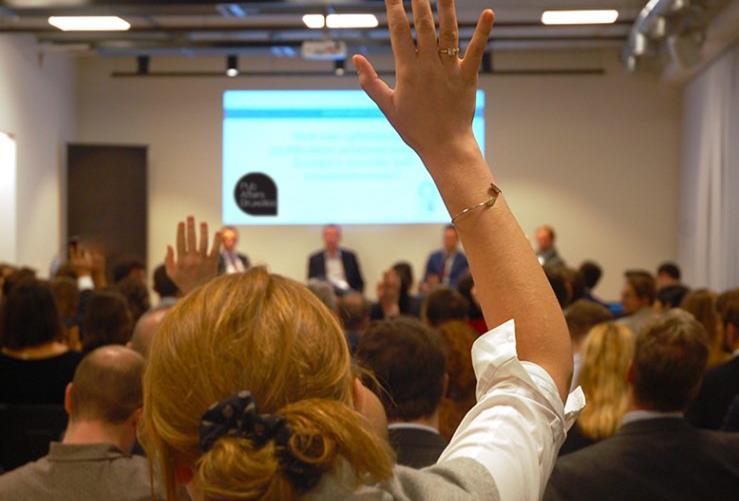We are delighted to invite you to an event which will be held on Tuesday 25th of October at 17.00.
The event will consist of an afternoon of discussion on whether the EU is ready to engage with the current and future challenges of a fast-changing geopolitical environment with our distinguished speakers:
- Ms Susi Dennison, Director, European Power programme, European Council on Foreign Relations (ECFR);
- Dr Louise van Schaik, Head of Unit, EU & Global Affairs, Clingendael Institute for International Affairs;
- Ms Anne-Sophie Corbeau, Global Research Scholar, Center for Global Energy Policy, Columbia University;
- Dr Josefin Meyer, Research Associate, German Institute for Economic Research (DIW);
- Mr Richard Youngs, Senior Fellow, Democracy, Conflict, and Governance Program, Carnegie Europe.
The moderator of the event will be James Kanter, longtime journalist and EU Scream Editor
This is event is public and will be held online.
About the debate
If the year 2022 was to be summed up by an expression, this would arguably consist of “Zeitenwende” or “Turning Point in History”. Notably used during the speech given by German Chancellor Olaf Scholz at the Bundestag on the 27th of February 2022 regarding the necessary changes of Germany’s security policy, this concept, already universal per se, is particularly true for Europe and the European Union as the pivotal institution of the old continent. Indeed, the war in Ukraine has not only drastically worsened the already precarious equilibrium which has characterised the country for at least the last ten years, but also the global geopolitical context.
As unexpected and unforeseen by many the current war might have been, Europe has grappled with defining its role and actions to be taken on the global stage well before the Russian invasion of Ukraine. This process started with defining the European Union Global Strategy in 2016 and continued with the elaboration and refining of the concept of “Strategic Autonomy”, while going through the inception of the European Commission led by Ursula von der Leyen, who reaffirmed the necessity of the EU executive body, and, to the extent possible, of EU institutions as a whole to act in a more “geopolitical” fashion.
While the response to the pandemic has not only shown several signs of solidarity between EU Member States, but also some significant shifts towards a closer Union, the harsh consequences of the war in Ukraine have induced several high-level political actors, commentators and pundits within and outside Europe to affirm that the current adversities behove the EU to both swiftly adapt to the current environment and to act as a global economic and geopolitical actor in ways which go beyond a temporary demonstration of unity.
Although both started before the 24th of February 2022, the so-called “energy crisis” and the inflationary pressure are without any doubt the two most urgent questions which the EU is faced with and to which a clear response, let alone a solution, is not yet in view, whereas, it seems that these issues are there to stay rather than go away overnight.
Indeed, as highlighted by several observers, while the European Union has not been able to translate the flourishing of the single market into an external projection of power, it now seems that the lushness of the EU economy is under severe strains. This implies that the very concept of sustainable economic competitiveness, underpinning the social market economy and the EU Green Deal itself, is also at risk.
Within this context, the last 9th of May, on Europe Day, French President Emmanuel Macron launched the discussion on a “European Political Community” to respond to the current geopolitical shifts, an idea which was echoed in other terms by the August speech of the German Chancellor at the Charles University of Prague. Meanwhile, several commentators have wondered whether the core areas of economic and political integration of the EU Member States, rather than foreign policy, will be the determinant factors to establish whether the European Union project will be torn apart by the global rivalry of power blocs or will succeed in protecting its legitimate interests and way of life.

The event will commence at 17.00 and will last around an hour and a half.
This is a public event, hence the Chatham House Rule will not apply.
The audience will be able to ask questions during both the discussion and the Q&A session through sli.do #GeopoliticalEU
We look forward to hosting you at 17.00 on the 25th of October

